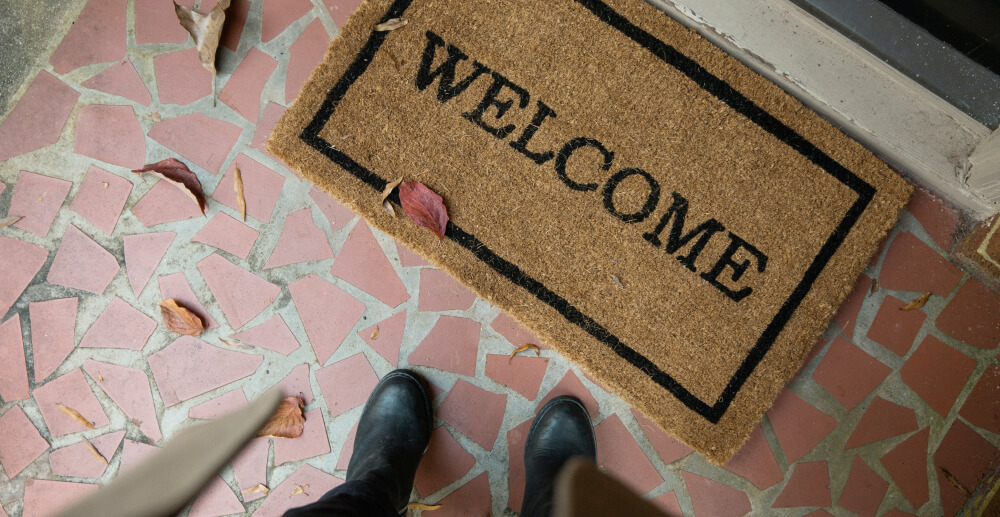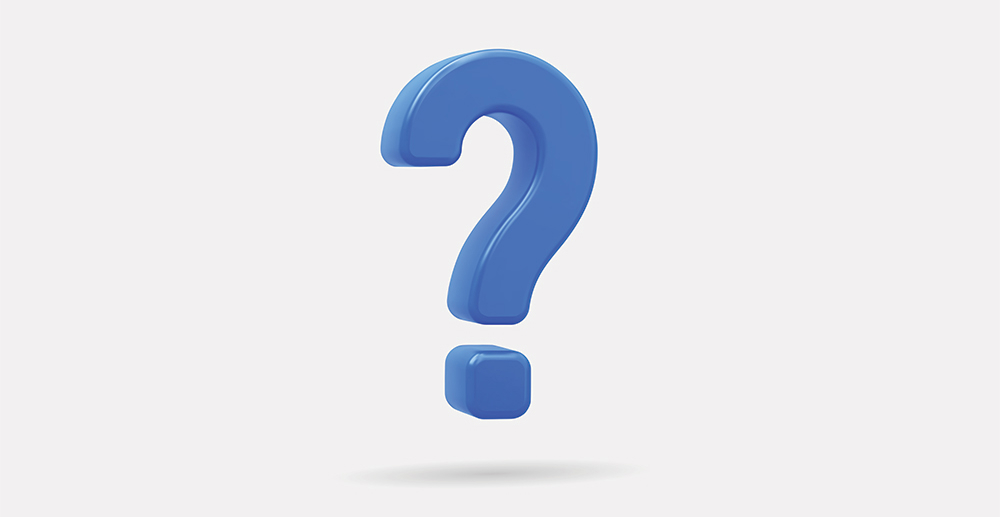As you probably heard Covid-19 is a bitch: illness, death, worldwide fear, financial insecurity (or downright poverty) and for the recovery community, relapse.
So while the entire “normie” population is guzzling booze, smoking pot, watching porn and playing video games like never before, what are those who are remaining in recovery turning to? Food, shopping and nicotine.
“Elena” who has 8 years sober found that the more things shut down and the scarier the pandemic became, she didn’t have a desire to drink or use but she did see her addiction manifest in the form of food and “retail therapy”. Sheltering in place with her elderly parents and a 13-year-old to entertain 24-7, she began stress eating, mostly carbs, and within 6 weeks had put on nearly 10 pounds. On one trip to Target, she dropped $700. “What it revealed to me is that my coping mechanisms still needed work,” she confessed. That may be so but is anybody really well equipped for what we’re going through?
“Cory” who has 12 years sober, had been a smoker since she was 16. She had 2 years off of cigarettes but when COVID hit that went out the window. She’s a news reporter and the stress and long hours covering the pandemic got to her. “I was stressed out and alone a lot so I convinced myself it was okay. No one was there to see me smoke. It felt awful and I smoked more than ever. I chew the nicotine gum like mad now, off the smokes for 40 days so I’m still a nicotine addict.”
I know a guy with just barely 90 days sober who started vaping, never been a smoker in his life. I know another dude with 25 years sober, quarantined with his two teenagers, who’s put on weight. Sure there’s an argument to be made that we’re less active but we’re also eating more. Fact.
These are just a few examples. You only need to pop onto social media or into a sobriety recovery group to hear the chorus of “me too’s”.
Personally, after weeks of waking up on the verge of panic attacks and having vivid nightmares, I too, at 7 years slipped up. I haven’t gained weight because when I’m stressed out, I stop eating (thanks eating disorder) but I did start vaping again. What a great idea when there’s a deadly respiratory virus that’s taken 100,000 people down!
But before we beat ourselves up for acting a little destructively, let me give you some science on what’s happening in our addict brains during this time.
Dr. Howard Wetsman, @addictiondocMD addictionologist, psychiatrist and former founder of Townsend Treatment Center explained it to me this way: “When primates, and that includes us, are isolated, the receptors that see dopamine in the reward center start to go away. So we can’t see our own dopamine. Our response is to try to increase dopamine release any way we can. If we’re in recovery and don’t want to ‘use,’ the most common way is to find something we don’t include in our abstinence that will release dopamine and start to use it. Things like sex, nicotine, spending, overeating, all fit the bill for some people. The better answer, of course, is to find a way to help others, even from a distance. That will increase your dopamine receptors and let you feel your own dopamine.”
I do a lot of service and volunteer work and you do get a “helper’s high” but when I can hug somebody, anybody, and see people face to face instead of their little head in a tiny box like the fucking Brady Brunch, I seem to be able to hold it together better. But without human touch and I’m not even talking about sex, the dopamine of service isn’t cutting it right now.
Joe Schrank, clinical social worker, interventionist, sober 23 years had this to say: “I think this is an incredibly hard time for everybody, especially people with addictive behaviors. The one thing that really helps us is human connection. It is a universal truth, whether it’s church, 12 step meetings, whatever your flavor. It helps. The one thing that people in recovery don’t have a problem doing is isolating. So when you’re told to do that, we’re going to see a spike in relapses. We also see a spike in relapses when people interact with family. And now we have people quarantining with family so…. We are in unprecedented times. If you’re shopping more, eating more, smoking more and it doesn’t tip into self-destruction, give yourself a break. You might have eaten an entire bag of Oreos, but at least you didn’t play beer pong with your college-age son. We need to adapt our recovery right now. We’re all going to be fatter. There’s no question. I think the whole idea of perfection in recovery is a crazy idea to have to uphold. It’s too much pressure and especially now. Can you release enough pressure on the valve to keep you from spinning out of control? Then great do it. I think it’s okay to give yourself some latitude in your recovery right now that you might not at other times.”
So I write all of this to let you know you are not alone. If you’re staying sober during this terrifying and lonely time, you’re a fucking rockstar, even if you’re smoking, fatter, or have a maxed-out credit card. The important thing to remember is that truthful four-word cliché: “this too shall pass”.









